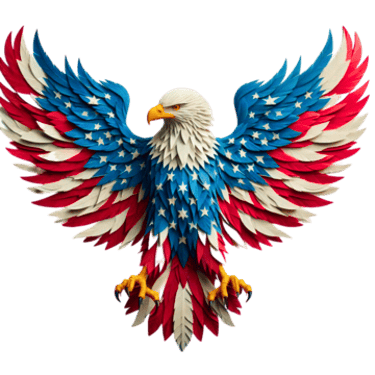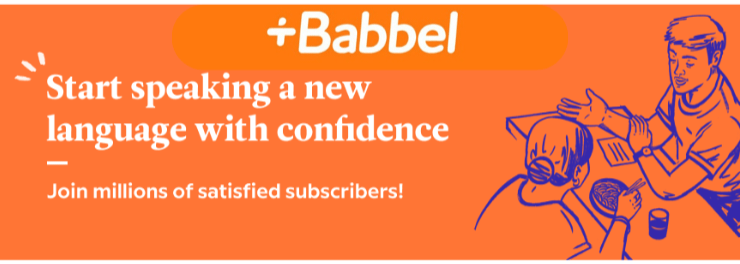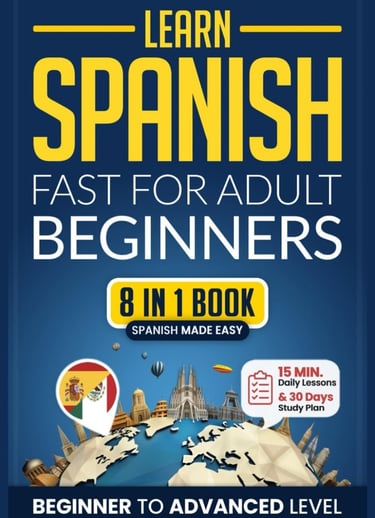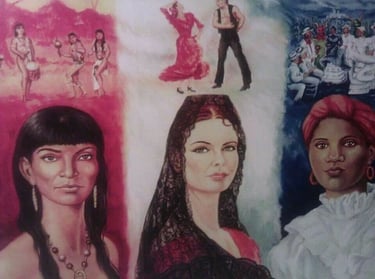

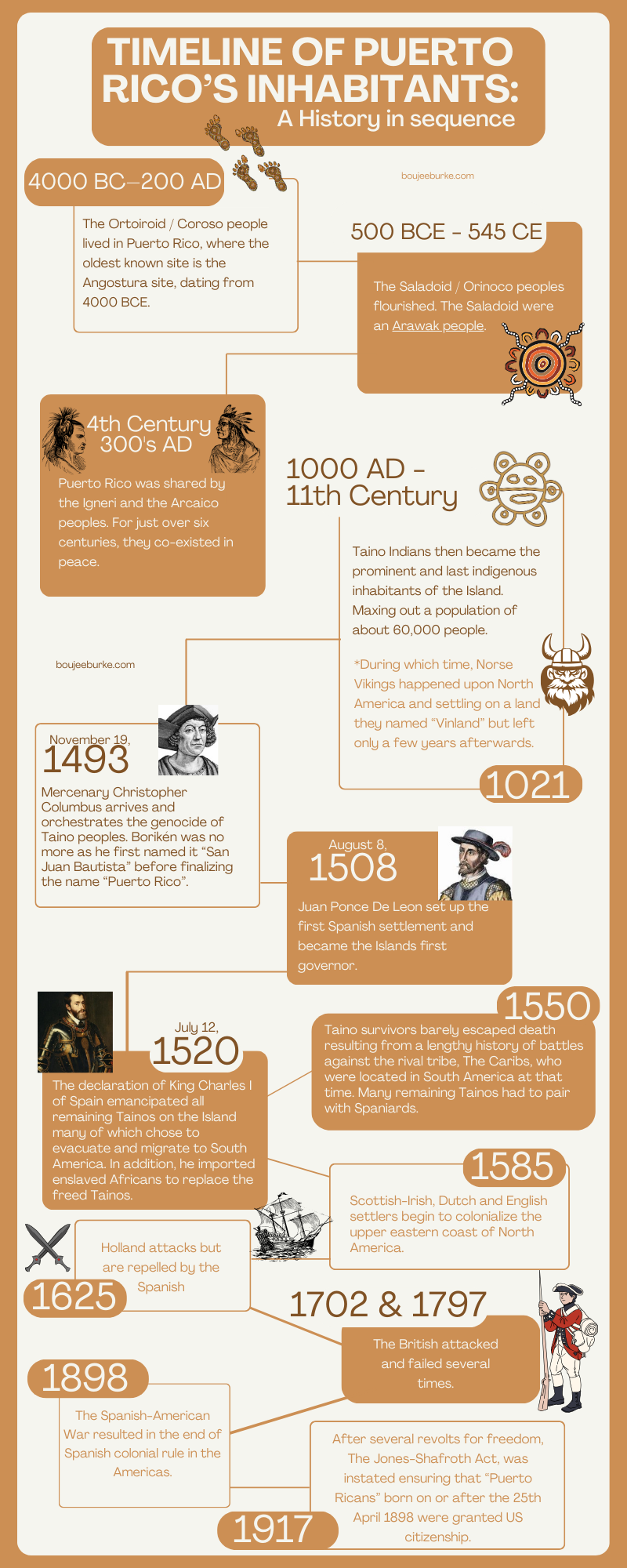

At least there’s a resurgence of Taino culture happening today. Thank goodness for that. Puerto Ricans are re-embracing their Indigenous roots—through art, music, language, and traditions. It’s not all lost. But don’t kid yourself into thinking it’s easy. It’s a fight to keep the culture, to preserve the legacy. The Taino spirit is here, but it’s going to take work to make sure the next generation doesn’t forget. Education has to start at home. We can't rely on schools to teach our true history, especially not with all the political nonsense going around these days. Parents, you’re key in making sure our children understand the Taino resistance, their survival, and the beauty of our heritage. Without that foundation, we risk losing even more of it.
Moving forward, Puerto Ricans need to understand that their heritage is complicated. It’s not just about food, music, or dancing. It’s about recognizing where we come from—the full, unfiltered history. A history that’s been hidden, erased, diluted. That "watered-down bloodline" is real, but it’s not the full picture. It’s about exploring our roots, understanding that we are a mix of cultures, and appreciating every part of that mix. Yes, we are the descendants of Spanish colonizers, African slaves, and the Taino. But at the end of the day, the Taino blood that remains within us is a testament to resilience, survival, and a never-give-up spirit. So, let’s remember that. Let’s honor it. Because ignorance continues to tighten its grip as Puerto Ricans keep navigating farther away from their origins, making its future even more bleak. Granted we're in a whole new millennium, but that's part of what makes this plea all the more relevant! We have to preserve who we are as a people; because the echoes of our ancestors are still with us—whether we acknowledge them or not.
Please refer to the infographic and PLEASE, by all means, share this where applicable.
maybe this is why we are such good dancers 🤣
*Before some readers fly off the handle and accuse one of ignoring African ANCESTRY, please know: there's over 1000 languages spoken on the continent of Africa and it is practically impossible to track where those origins lie.
